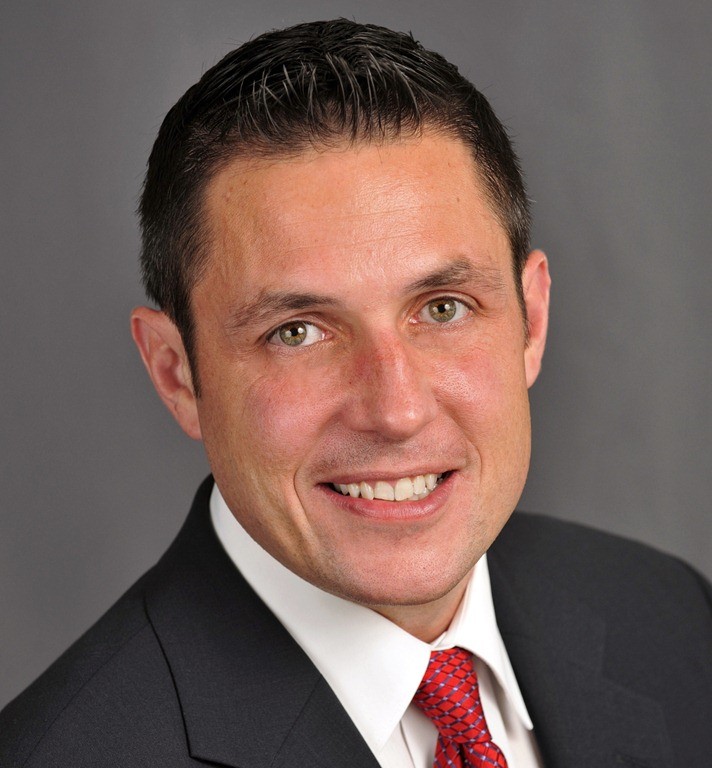Managing Director
Post on: 5 Апрель, 2015 No Comment

1 Comment
Recent Comment
Posted by Phyllis Lovelock
Richard Cervone, managing director and portfolio manager at Putnam Investments: Its essential to learn everything you can about businesses, even by simply walking around the city and looking at retailers and how they operate.
Richard Cervone is a managing director and portfolio manager on Putnam Investments U.S. Core Equity team, which manages the firms Core Equity and Core Concentrated Equity institutional portfolios. He is also on the management teams of Putnams Investors, Capital Appreciation, and Tax Smart Equity funds. He joined Putnam in 1998, and has nearly eight years of investment experience. Previously, he was an equity analyst at Loomis, Sayles & Company L.P.
How did you get into fund management?
After college, I was working as an architect at Artec Consultants in New York. My father worked in real estate, so I was exposed to buildings, but I also had an interest in economics and business. I traveled a lot, to Singapore and Europe, and had friends on Wall Street. I began to learn about the global markets. As I traveled, I learned how the global economy works and became fascinated by financial markets.
I had an interest in research in school, and so as I learned more about finance and companies, I began studying companies. I decided to go to business school at Columbia and enter finance and investing. Afterward, I moved to Boston and worked at Loomis Sayles. A year and a half later I got a call about an analyst job at Putnam. I have been at Putnam for over eight years now. Ive spent the last four and a half at Putnam Investors Fund, where we cover financial companies.
Ive always been on the equity side, covering large to mid cap-companies, many of them in the service sector. The companies include banks, specialty finance companies and REITs.
Whats a typical day like for you?
There are two kinds, but both are focused on taking information: qualitative and quantitative facts and a judgment about companies to assess their worth and determine if a stock is undervalued in the market. (Our fund buys undervalued businesses based on future cash flows that we look at and assess five years forward.)
The first is a day in the office. Ill read the current days news and see which companies reported earnings. Then, Ill meet with analysts to discuss which stocks seem worth buying. Companies often come and visit us. I spend a lot of time looking at financial statements. Ill read annual reports, and talk to my partner on the fund, Jim Wiess. Well talk about short-term events that are happening. For example, a company might report poor results. Well listen to the earnings call with the analyst and try to get a handle on it.
The second type of day is one where were traveling to different companies. We meet with a variety of them, talking to the CEO, COO and the heads of different business units. This can happen either at the companys headquarters or at an investor conference where well listen to companies speak and schedule meetings. We also visit the stores themselves, to get an idea as to what they are like and how they deal with customers, etc. It comes down to whether we like the quality of a companys products their level of quality affects sales and the financial statement. I have to be able to understand the intangibles. Quality of the brand for example.
What advice would you suggest to junior staffers working their way up?
Make sure you truly love this work. Its very competitive and challenging. You must enjoy studying businesses on a daily basis, otherwise itll be difficult to be successful in fund management.
Once youve decided to pursue this career, its essential to learn everything you can about businesses, even by simply walking around the city and looking at retailers and how they operate. You should read annual reports and try to establish direct sources of information. Absorb all that you can about businesses: the quality of their products, how they operate, what makes them tick. Its important to accumulate knowledge. It helps you develop insights into how to value a company. This requires you to be able to connect the dots that others havent connected.
Also, knowledge is cumulative. As you study business over time, youll accumulate a sense of a particular company, how it reacted during bad times or performed in a recession. Its helpful because Im able to have a context with which to assess a companys current situation.
A career at a mutual fund is a wonderful career. I enjoy the balance of working with people my partner or speaking directly to company management. It involves a lot of quantitative work working with financial statements, numbers. But theres also a street corner aspect to the business. I enjoy going into retail stores and seeing how they do business and learning about their operations. It helps to connect all of the dots when assessing a companys business.














